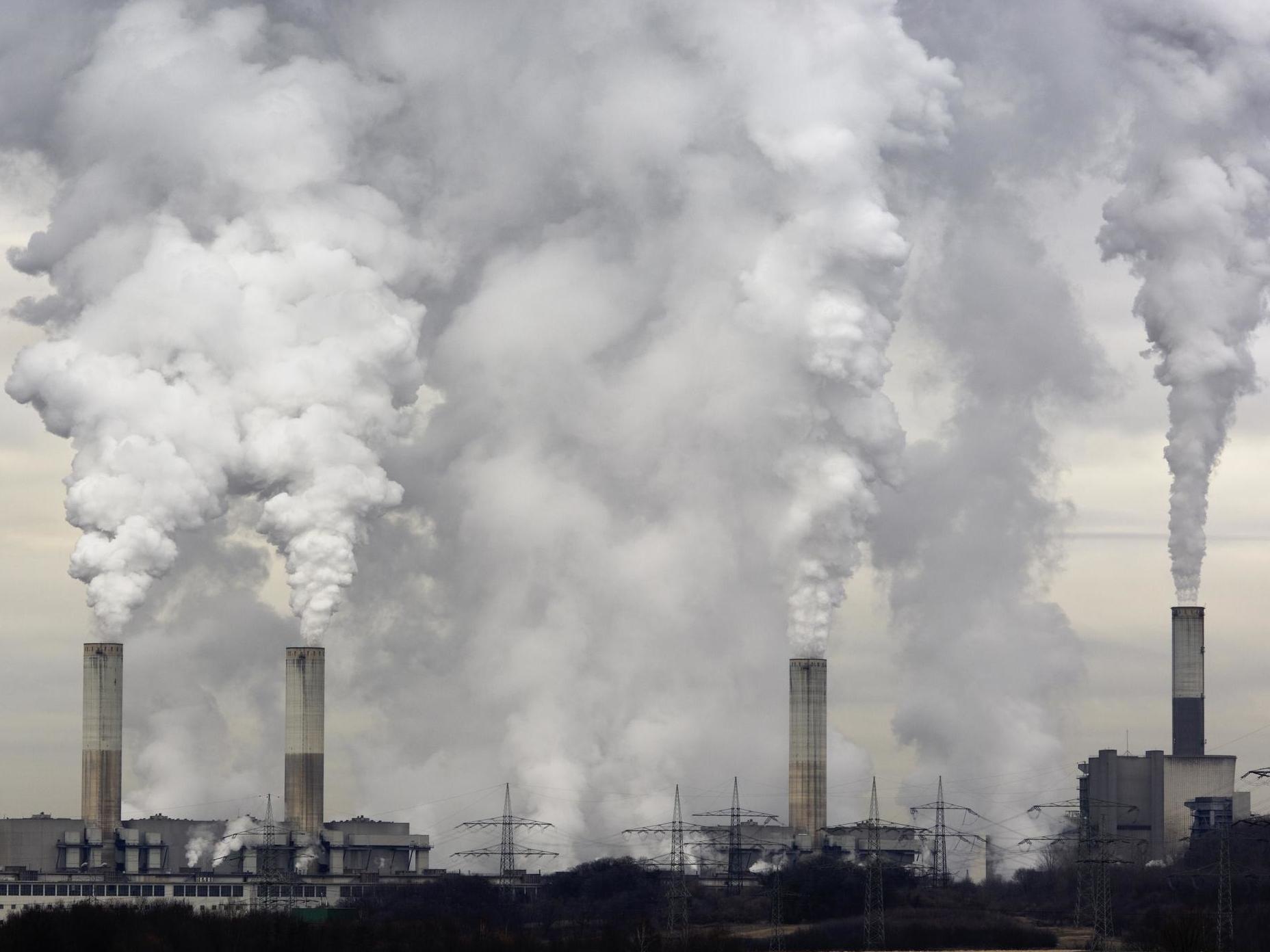Nearly half of world’s coal plants run at a loss, study finds
‘Lobbying and cronyism, that’s the only thing that can save coal, and we are seeing that from Donald Trump and others throughout the world’

Your support helps us to tell the story
From reproductive rights to climate change to Big Tech, The Independent is on the ground when the story is developing. Whether it's investigating the financials of Elon Musk's pro-Trump PAC or producing our latest documentary, 'The A Word', which shines a light on the American women fighting for reproductive rights, we know how important it is to parse out the facts from the messaging.
At such a critical moment in US history, we need reporters on the ground. Your donation allows us to keep sending journalists to speak to both sides of the story.
The Independent is trusted by Americans across the entire political spectrum. And unlike many other quality news outlets, we choose not to lock Americans out of our reporting and analysis with paywalls. We believe quality journalism should be available to everyone, paid for by those who can afford it.
Your support makes all the difference.High fuel costs mean nearly half of the world’s coal power stations are already running at a loss, raising doubts about the viability of this fossil fuel.
Climate experts have already warned the majority of coal power needs to be retired in just over a decade to avert catastrophic global warming, but many nations continue to lean heavily on this high-polluting substance.
In the first study of its kind, financial think tank Carbon Tracker analysed the profitability of 6,685 coal plants worldwide, representing 95 per cent of all existing capacity.
They found that as prices reach record highs, 42 per cent of coal capacity is already unprofitable.
This figure is expected to rocket upwards in the coming years due to taxes on CO2 emissions and stricter air-pollution laws.
By 2030 the proportion of unprofitable coal will be likely to exceed 70 per cent while the cost of renewable energy sources such as wind and solar is slashed.
The report comes ahead of a major UN climate summit taking place in Poland, a nation that has already proved a controversial choice due to its reliance on coal for 80 per cent of its electricity.
Many countries, including the UK, have already set hard targets to eliminate coal entirely from their energy mix within the next few years.
Elsewhere concerns about economic growth and jobs have both contributed to a dependence on coal, but the new report suggests such worries are misplaced.
Matt Gray, head of power and utilities at Carbon Tracker, said their analysis “provides a blueprint for policymakers, investors and civil society”.
“Lobbying and cronyism, that’s the only thing that can save coal, and we are seeing that from Donald Trump and others throughout the world,” he told The Independent.
The US president has repeatedly emphasised his enthusiasm for “beautiful, clean coal”, but the analysis suggests his country would save $78bn (£61bn) by shutting plants in line with the Paris climate agreement.
In China, by far the world’s biggest coal burner, this figure is $389bn (£304bn).
Currently, consumers and taxpayers are picking up the bill for coal and keeping the industry profitable thanks to government subsidies.
While a phase-out would save these people billions, it would be a massive financial hit for coal-owners’ profits.
Earlier this week, the UN warned that nations needed to drastically increase their commitments to cutting carbon emissions, increasing them up to fivefold if some of the worst effects of climate change are to be avoided.
Carbon Tracker recommended that governments that have not already done so must implement plans to phase out coal rapidly, beginning with the least economic plants.
Sebastian Ljungwaldh, Carbon Tracker energy analyst and co-author of the study, said it was clear that a coal phaseout “should be seen as an economic inevitability rather than a clean and green nicety”.
Join our commenting forum
Join thought-provoking conversations, follow other Independent readers and see their replies
Comments